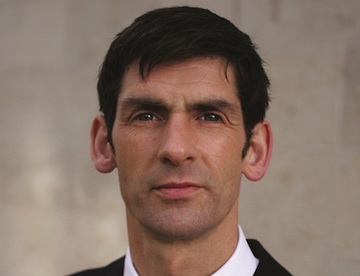A study by the government on auto enrolment and the impact of a charge cap on the pensions industry has been branded inadequate and unfit for purpose.
The Regulatory Policy Committee, a panel of eight independent experts, has criticised the regulatory impact assessment supporting the Department for Work and Pensions' auto enrolment pension charges consultation.
The committee report concluded: "The assessment is not fit for purpose.
"In particular, the evidence presented does not adequately demonstrate why option three is considered to have a zero net impact on the pensions industry."
Option three was to set a charge cap on the default fund in qualifying pension schemes, which are used for the purposes of automatic enrolment.
Pensions Minister Steve Webb announced in October that there would be a debate on a move towards a cap of 0.75% or 1% per annum.
{desktop}{/desktop}{mobile}{/mobile}
The report added: "Robust estimates for all options need to be presented, so that consultees, and ultimately the final policy decision, are informed effectively."
The other options were do nothing or improve disclosure of pension scheme charges.
Tom McPhail, head of pensions research at Hargreaves Lansdown, said: "The DWP conducted this consultation in a tearing hurry, in fact they rushed it through so quickly that they failed to conduct their Regulatory Impact Assessment properly.
"This means that the entire consultation process is now in doubt and will probably have to be rerun.
"If the impact assessment figures were wrong then everyone involved in the consultation including employers, pension providers and the DWP's own officials will have to reconsider their conclusions from the consultation.
"This will almost certainly mean a delay in the introduction of any charge cap on pensions, if one is introduced at all."
The DWP said it did not agree with the committee's rating that the assessment was unfit for purpose and said this has no implications either for its proposals or for the consultation process.
A DWP statement read: "The reason for consulting on a charge cap was to gather evidence about the potential impact of our proposals on savers and the industry.
"Our final decision will be based on evidence we have received, not on our initial impact assessment.”
The DWP did not wish to specifically comment on Mr McPhail's statement.

